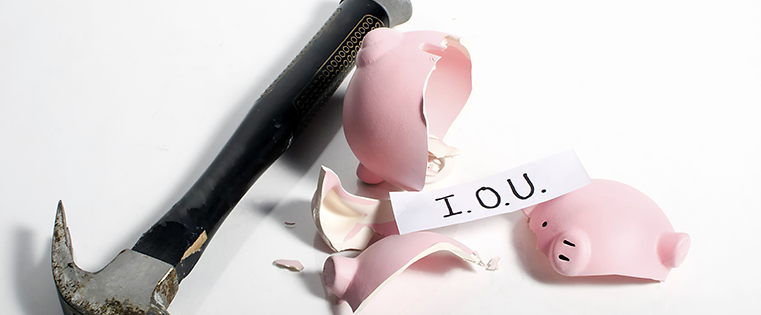Do you ever get the feeling that you and your potential client are speaking different languages?
You’re both respected business owners. They understand what you’ve had to do to build a solid foundation for your agency. You’ve “been in the same shoes.” You should be on the same page.
The problem is that the words coming out of the client’s mouth sound a lot like words that people use when they want something for free. They don’t use that dirty little F-word, but there is something about the language that is stimulating the “flight” reflex in your brain.
If you’re looking to translate that confusing client language, here’s a list of 10 phrases that signal your prospect is looking for something for nothing.
1) I can’t spend much money, but there will be a lot more work in the future.
Do you mean like the soon future? Or are we talking about the year 2040? More often that not, that future will never occur.
2) It’ll be great exposure for your agency.
It won’t be great exposure when the client tells you to use his favorite font – Comic Sans – and asks for you to use the iPhone photo of an billboard he took.
3) We’d like to see what ideas you have first.
This way, the client can feel good about taking your ideas and improving upon them. (This equates to adding their logo to your work.).
4) We’re basically a non-profit. We don’t currently make any money.
Bad business practices on the client’s side doesn’t mean you need to be the benevolent benefactor.
5) We can make a lot of valuable introductions to people who have big budgets.
The client’s friend’s aunt runs marketing at a large hospital, but that doesn’t mean she needs your services. If your work is good and you have the case studies and industry knowledge to feel confident in pursuing this client, go after the relationship on your own. Don’t trade your work for an email address.
6) I go on trust. We don’t need a contract.
This is code for, “I can forget or misremember what we agreed to and then decide not to pay you.” The handshake deal is never a good option, even if it is recorded and broadcast to millions of people. Megan Cummins, a Shark Tank contestant in 2011, found this out when her investor went silent and then asked for a larger share of the company.
7) I could get an intern to do this for free, but I’d like to work with you.
This is an immediate sign that the client does not value what you do, the results you provide, and the expertise you have developed over the years.
8) It’ll be a super quick project. There’s no need to make this complicated.
When you are on the 17th round of revisions, you will understand that you and the client have different ideas about the definition of complicated.
9) We don’t have a budget yet, but I’m sure they will like your ideas when I present them.
Basically, the client was told by her bosses that she needs to take more risks and think more proactively. Your free work is her job security.
10) We like your work and would like you to compete in our contest.
Don’t worry clients. The thrill of the competition will feed our children and pay the mortgage. Oh, and I’m glad you finally caught up with the idea of “crowdsourcing,” though I had something a little different in mind.
